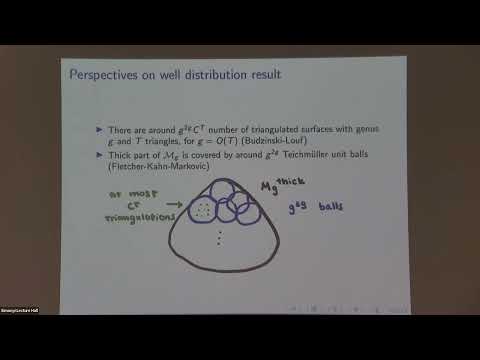Abstract
It is widely believed that the physics of diffraction imposes certain fundamental limits on the resolution of an optical system. In this work we study the diffraction limit as a statistical inverse problem in increasingly more realistic mathematical models and prove rigorous upper and lower bounds on the sample complexity of resolving closely-spaced point sources. Our techniques center around extremal functions, namely the Beurling-Selberg majorant and its higher-dimensional generalizations, which we use to show the emergence of a sharp phase transition that governs when it is possible to recover fine-grained structure from low-frequency measurements.
Based on joint work with Sitan Chen.
